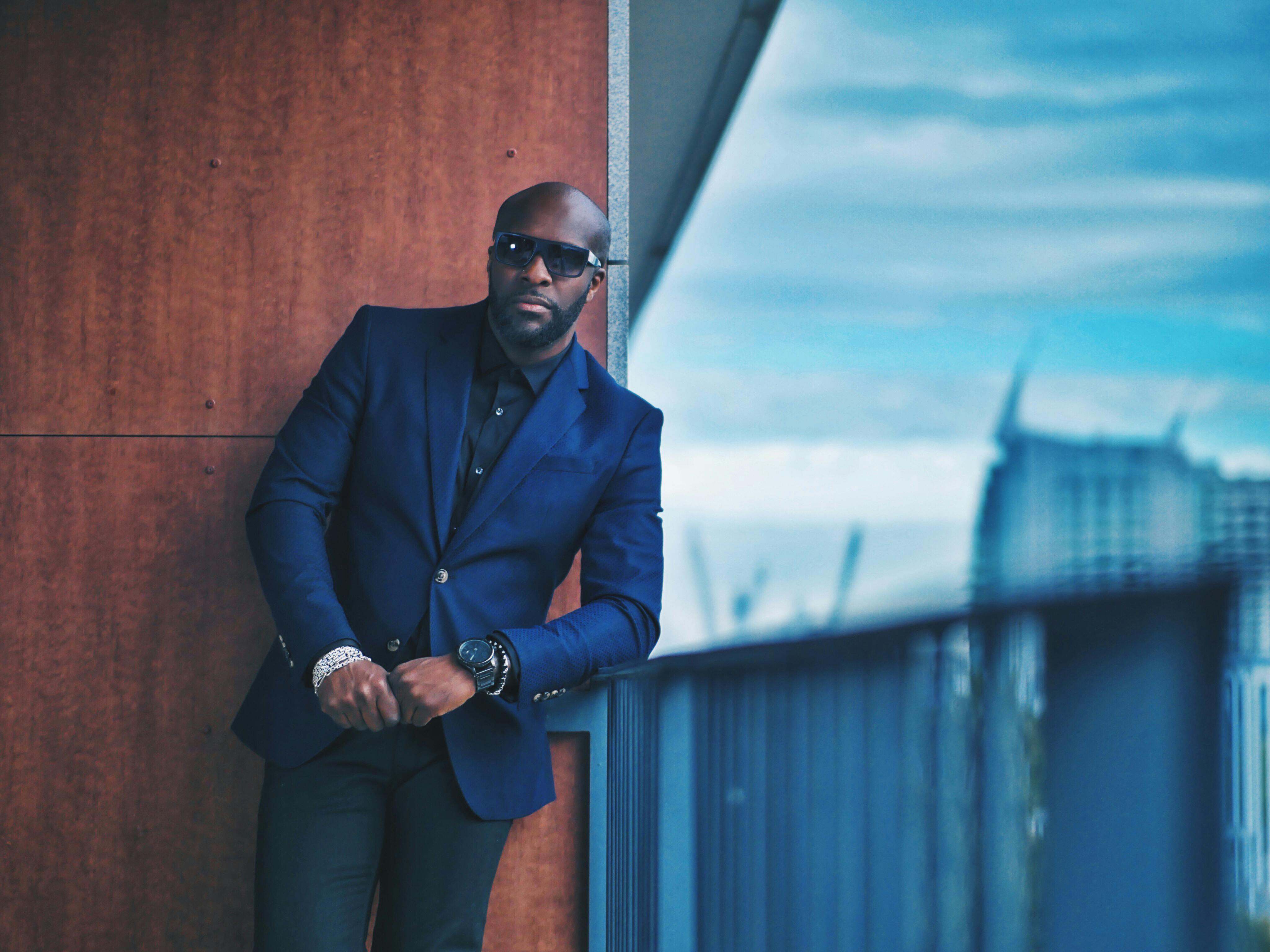In theory, all human beings share a common understanding of what love means with minor differences. We all know what it means, right? Sorry, that design is wrong. Every human adult understands love based on their previous experiences and interpretations of the term.
When babies are born, they trust, feel attached and united, and respond to tenderness, care, and affection. No baby is born to immediately show mistrust, rejection, or detachment. Those are not natural and innate reactions in newborns. So what happens later in life that certain children and later adults alter their understanding of and reactions to love?
In cases of abuse, love becomes twisted and our beliefs lead us to perceive it as undesirable, dangerous, or even questionable. But even in other milder and more common situations, love can be interpreted as something negative or unattainable. Let’s imagine a couple of scenarios:
- Scenario 1: A young child goes to school for the first time and is not accepted by his peers. The reasons may have to do with the child’s appearance, behavior, speech, or even punctuality if the new child is trying to join an already established group. That is, the child can be rejected by the way others perceive him and not by anything he does. Every time the child approaches others, they turn their backs and pretend to be busy. That child could interpret these situations as proof that love and friendship are not for him; maybe he doesn’t deserve them. Once that idea becomes a belief in his mind, he will unconsciously project it onto his own reality in such a way that the belief will end up being confirmed over and over again. As the child grows older, his own belief will “provide reason” and he will grow to adulthood convinced that he “is unlovable.” The learning process of him will result in him not being loved. His own belief will limit him in such a way that he will truly be unloved.
- Scenario 2: A little girl is constantly told that she is pretty and charming. Her parents are busy people who don’t have much time for her and keep her entertained with things and activities while everyone around her pampers her with gifts and praise. As a result, the girl ends up believing that love, cuddles and gifts should go hand in hand with her and she develops a belief that binds them all. As the girl grows older, her belief is something along the lines of: “Love always comes with gifts and attention. If there aren’t any, it’s not true love.” Thus, every time someone tries to love her without gifts or pampering, her belief leads her to interpret it as not true love. Over time, she ends up attracting and keeping people around her who give her things and tell her how beautiful she is and she rejects those who only offer her love. She therefore also becomes unloved; Well supplied, yes, but still loveless.
Both scenarios will result in unloved adults, people who have learned not to be loved. Their learning process will lead them to believe in a twisted image of love. Once the belief is there, those human beings will strengthen it every day, experience after experience, thus proving that their interpretations are correct.
But it does not have to be like that. What was once learned can be unlearned. The amazing plasticity of the human brain allows us to acquire and accept new lessons throughout life. There are no limits to learning. We can all unlearn and learn new things throughout our lives.
So if you are one of those who has learned not to be loved, ask yourself what it is that you believe results in that kind of heartbreak. What do you tell yourself every time you meet someone that blocks the flow of love? What experiences did you have, big or small, that led you to interpret love that way? What is the first thing that comes to mind when you think of friends, partners, parents or loved ones? Identifying those messages will reveal your underlying beliefs. It will then be your choice to question them or keep them. If you want to change your interpretation of love, start by altering your beliefs in such a way that true love can gradually enter your life.
Identifying the belief is the first step. The second is to question it: does it give me what I want? Does it help me or limit me? Some of your beliefs you will decide to hold; others you will want to change. Taking only ONE BELIEF AT A TIME, as changing them always causes uncertainty and insecurity, try to find an alternative interpretation to your belief. If before you believed that you do not deserve to be loved, try to find a new interpretation of reality that does not limit you so much. “I don’t deserve to be loved” is a very limiting phrase. Why not add “sometimes” or “by some people” as in: “Sometimes I deserve to be loved” or “I deserve to be loved by some people”? Or better yet, “I deserve to be loved for myself.” Once you have chosen the new statement, get in the habit of repeating it out loud, in writing, singing or in any other way you can imagine, as often as possible, to reinforce it and make it grow in your brain. Repeat it no less than 300 times a day. If you do, your brain will slowly begin to accept it as a new possibility, and changes will occur in your life as the new belief triggers them.
Learn to unlearn heartbreak now and start loving yourself so you can let the rest of the world love you.
And don’t forget to enjoy life… ALL of it,
